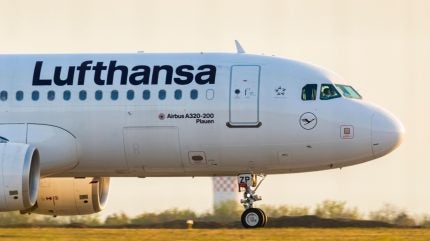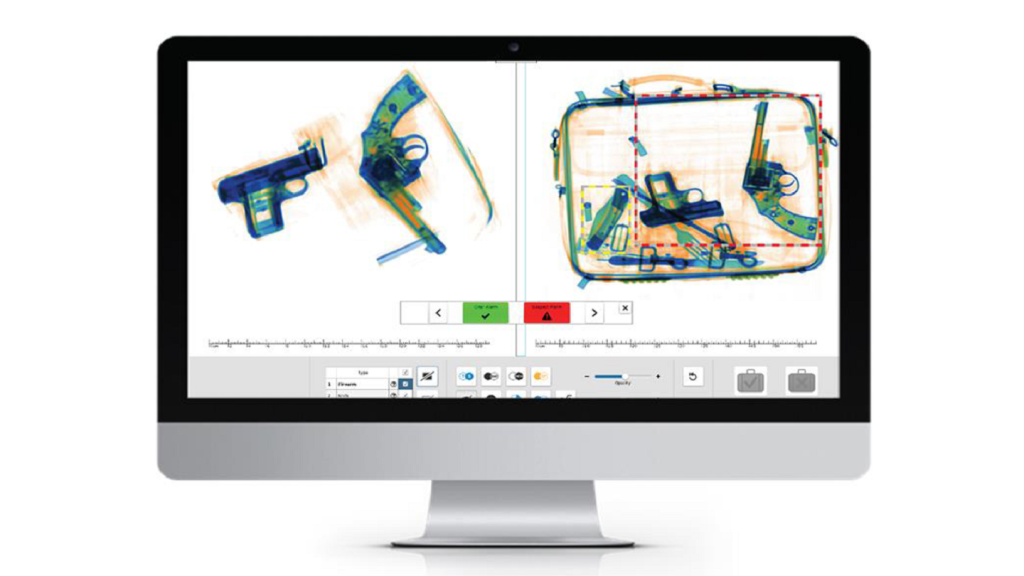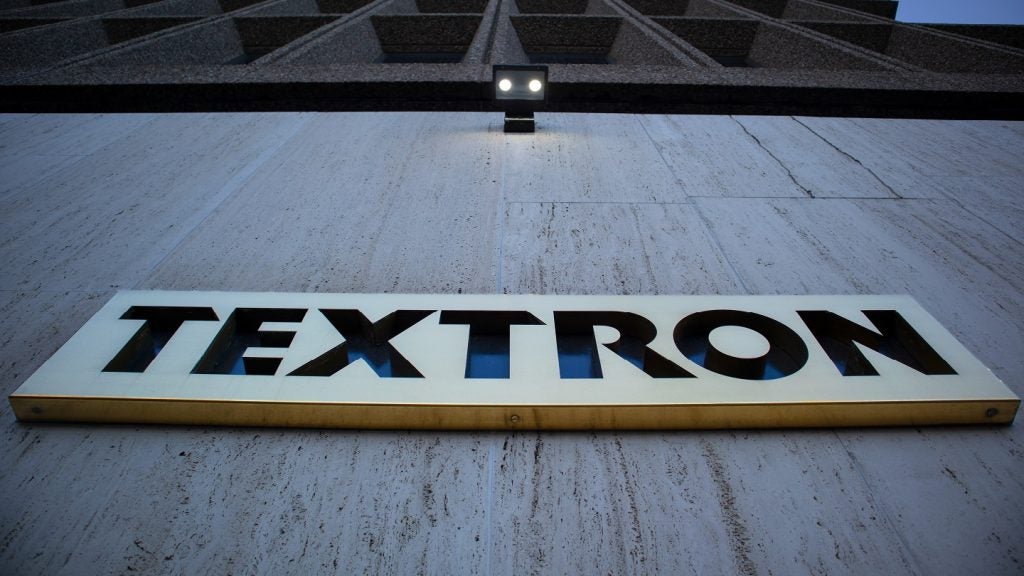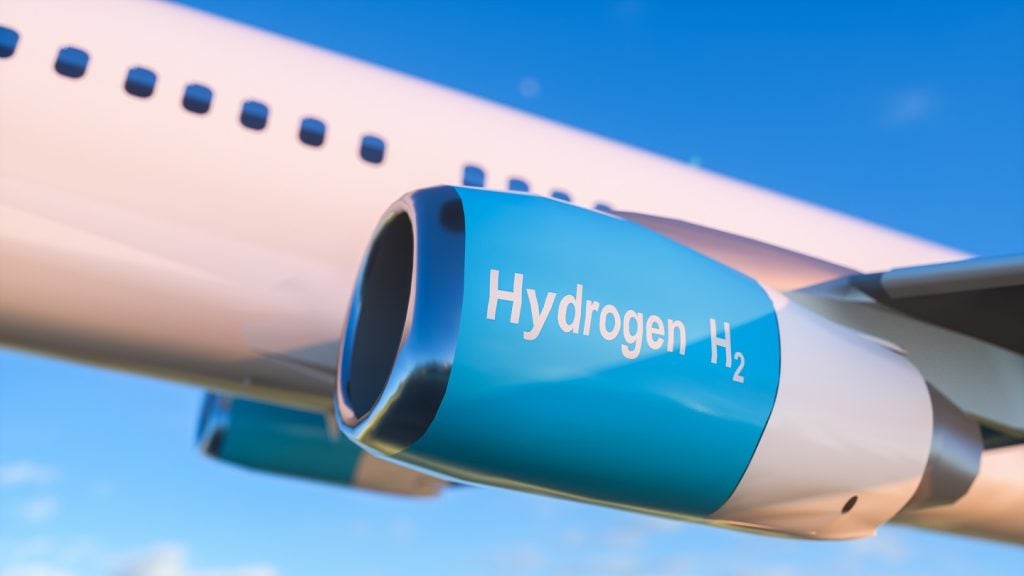
The Lufthansa Group is introducing an environmental surcharge on its ticket prices, claiming it is needed to accommodate the growing costs required to comply with regulations.
The additional charges will start at €1 ($1.07) but could reach as much as €72 ($77) depending on flight routes and existing fares. It will be applied to tickets for all flights departing the European Union states, UK, Norway and Switzerland from 1 January 2025.
The German carrier cited three specific regulations driving its decision including the EU Emissions Trading System, expanded to aviation emissions in 2012, and the International Civil Aviation Organisation’s (ICAO) Carbon Offsetting and Reduction Scheme for International Aviation (CORSIA), introduced in 2021.
Additionally, Lufthansa said that the EU’s incoming Sustainable Aviation Fuel (SAF) quotas had impacted its calculation that it would not be able to handle the increasing costs. Brussels rules will require a 2% blend of SAF from 2025 and a 70% blend to be used on all flights by 2050.
The company highlighted the “billions” it had invested into new sustainable technologies, it said: “The Lufthansa Group has actively supported global climate and weather research for many years.
“However, the airline group will not be able to bear the successively increasing additional costs resulting from regulatory requirements in the coming years on its own.”
How well do you really know your competitors?
Access the most comprehensive Company Profiles on the market, powered by GlobalData. Save hours of research. Gain competitive edge.

Thank you!
Your download email will arrive shortly
Not ready to buy yet? Download a free sample
We are confident about the unique quality of our Company Profiles. However, we want you to make the most beneficial decision for your business, so we offer a free sample that you can download by submitting the below form
By GlobalDataWhile Air France-KLM was the first major European airline group to introduce a mandatory environmental charge in 2022, with fees reaching up to €12, Lufthansa’s surcharges set a new standard for the costs airlines are willing to pass down to their customers.
The decision will likely inspire other airlines to introduce similar schemes, with reports signalling that Air France-KLM is already considering upping its surcharges, and many airlines already offer optional contributions claiming to partially offset passengers’ emissions.
While the aviation industry has been investing in SAF for years, the sector has struggled to bring the cost of the fuel to anywhere near the level of kerosene jet fuel, or scale production to levels required for widespread use.
As a result, airlines have so far only used low percentage blends of the alternative fuel, which provides lifecycle emissions reductions of about 80% when used on its own. Some demonstration flights have operated to show SAF’s pure potential.
While Lufthansa also currently uses the fuel in small percentage blends, the company boasts it is one of the “five largest buyers of SAF worldwide” and is already investing $250m into procurement of the fuel over coming years.
The company notably saw a significant net loss of €734m for the first quarter of 2024, citing operational difficulties and the costs of strike action by its employees, but has forecast an adjusted EBIT profit of €2.2bn for the full year.







